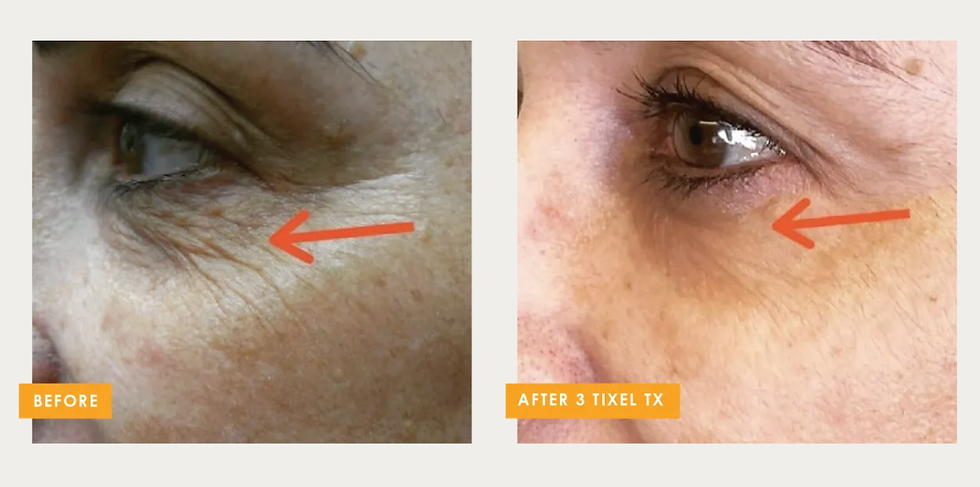I can just skip eye dilation, right?
- Envision Optometry
- Mar 6, 2019
- 1 min read
Updated: May 1, 2019
You really should not skip an eye dilation, and here’s why.
There are generally two parts to any routine or annual eye exam. The first part is checking vision, glasses, and/or contacts. The second part is assessing eye health, and this is done typically with dilation.
What is dilation?
The pupil, the central black part of your eye, is like a window the eye doctor looks through to assess the tissue inside the eye. During an eye exam, special eye drops are instilled into the eye which cause the pupil to dilate (widen).

Once the eyes are dilated, the doctor will use a lens to shine a light into the eye and check for any abnormalities: retinal tears, holes, swelling, bleeding, inflammation, etc.
Without dilation drops, the pupil will naturally constrict or get smaller when light is shone into the eye, making it harder for the doctor to see into the eye.
But I see well, shouldn’t I be ok without it?
Not always. There can be damage or pathology in the eye even if vision is unaffected. Early signs of two eye diseases in particular, glaucoma and macular degeneration, can be seen in the eye before symptoms are ever experienced. Also, bleeding can occur inside the eye despite good vision, especially in patients with hypertension and diabetes (stay tuned for another blog post on diabetic eye exams). These abnormalities need to be caught early to initiate treatment if needed and prevent progression and eventually worsening/loss of vision.
Never been dilated before or it’s been a while? Schedule an appointment today!




Great read, thanks for writing this